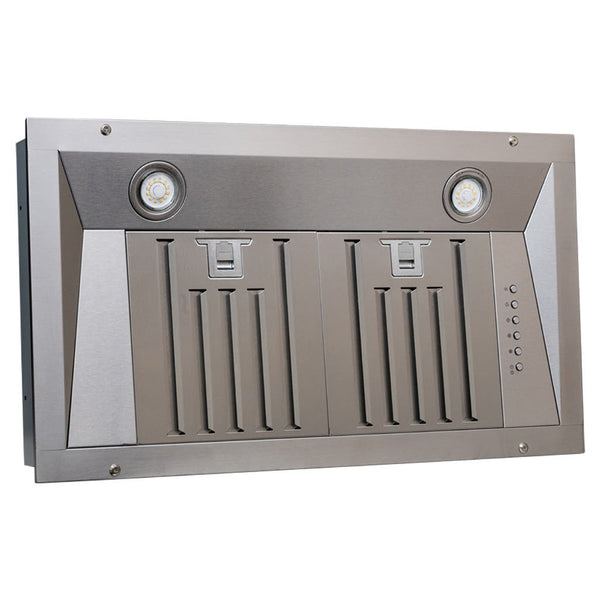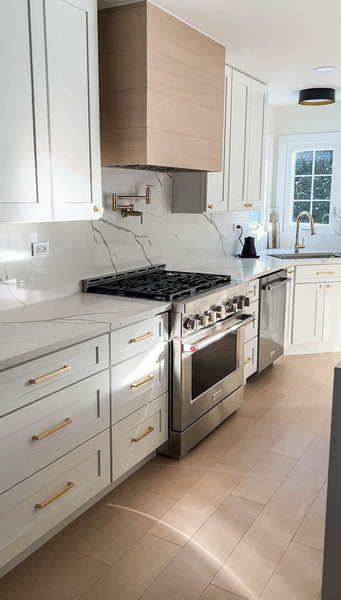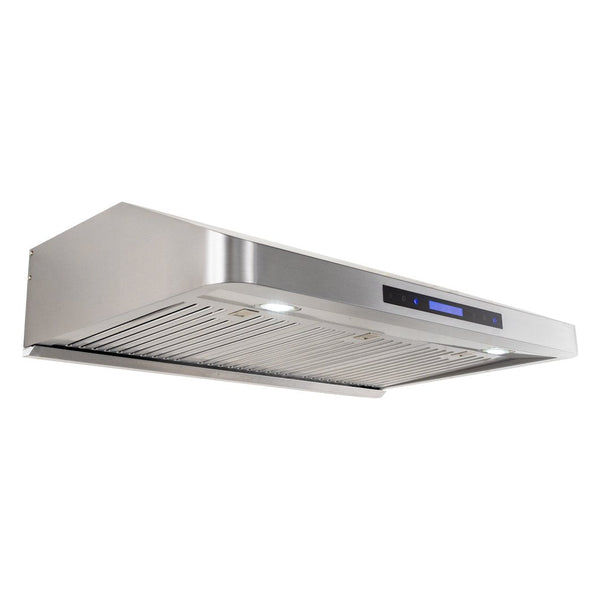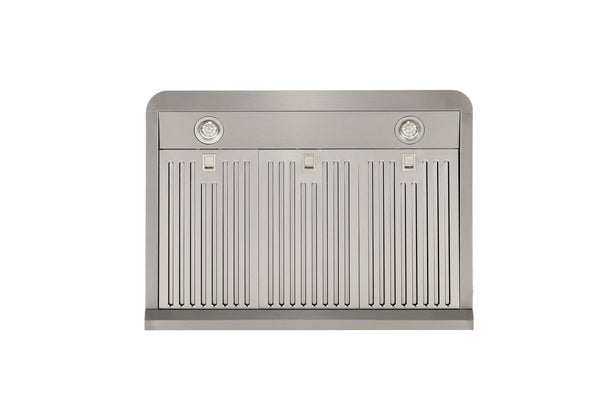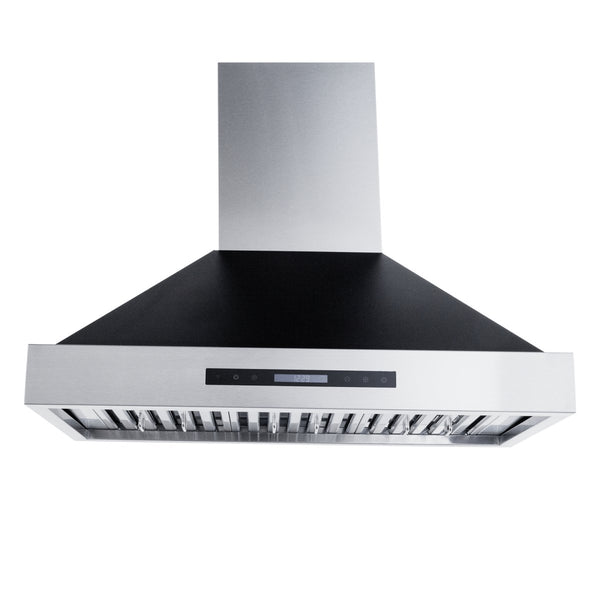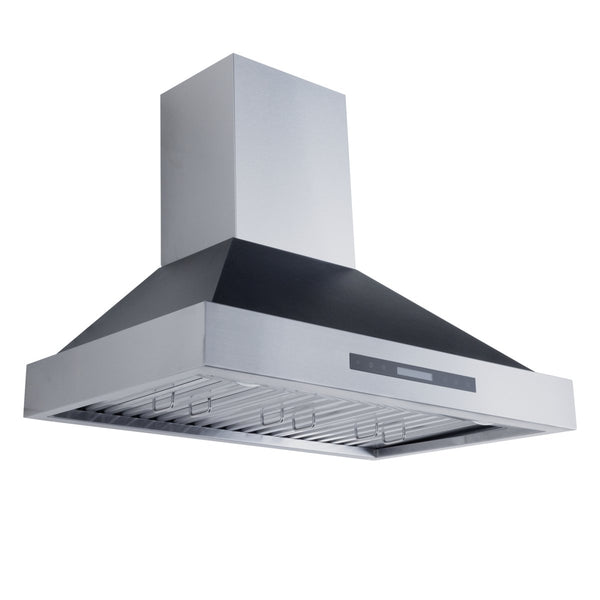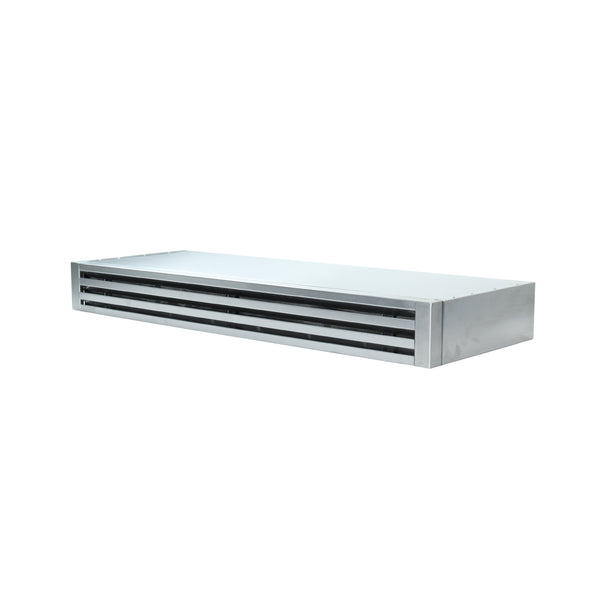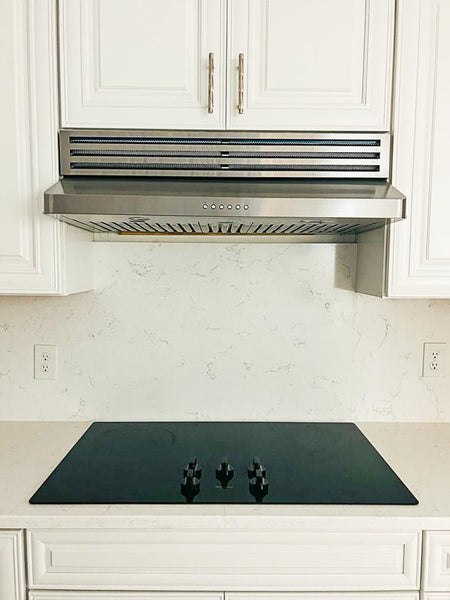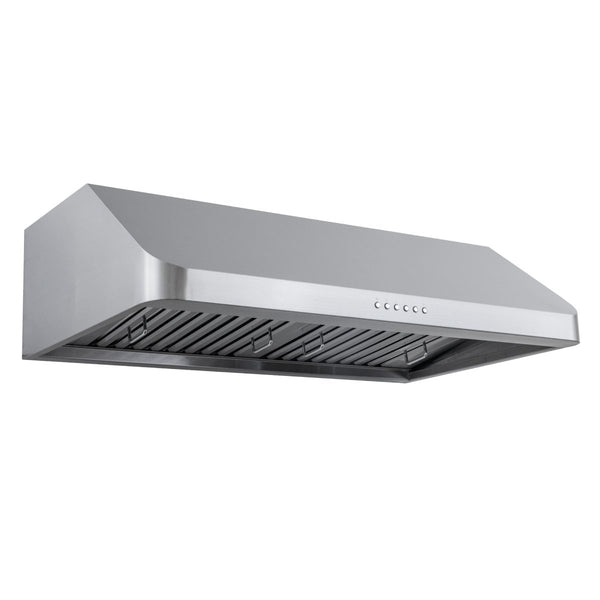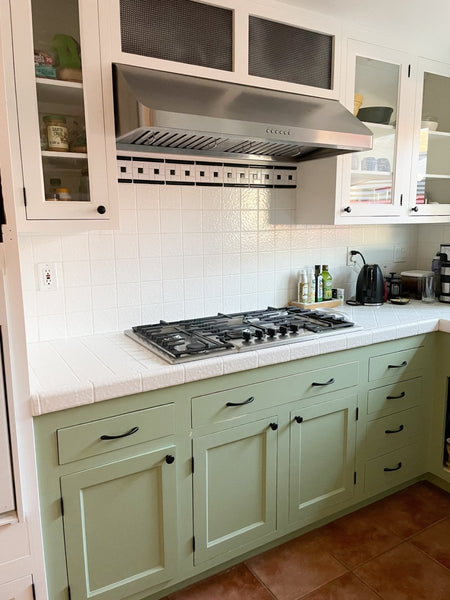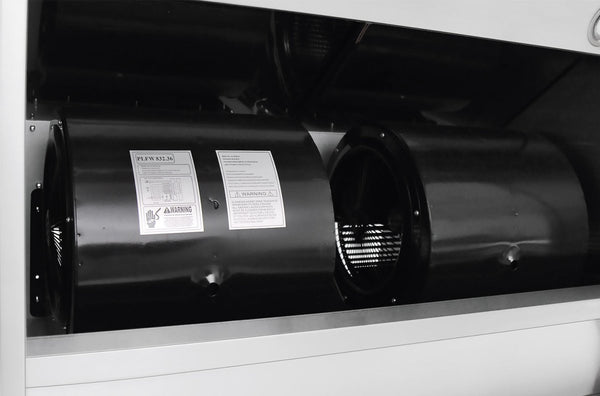Electric shocks in the kitchen can be dangerous and even deadly. It's important to take precautions to prevent them from happening, especially in a space where water and electricity are often in close proximity. Fortunately, there are several ways to reduce the risk of electric shock in the kitchen.
From handling cords and plugs safely to keeping appliances away from water, there are simple steps you can take to protect yourself and your loved ones from electric shock. By following these tips, you can ensure that your kitchen remains a safe and enjoyable space for cooking and spending time with family and friends.
In this article, we'll explore some of the most effective ways to prevent electric shock in the kitchen. Whether you're a seasoned cook or just starting out, it's important to be aware of the potential risks and take steps to protect yourself and those around you. So let's dive in and learn how to keep your kitchen safe from electrical hazards!
Basic Kitchen Safety Tips
Keep Your Kitchen Clean
Keeping your kitchen clean and dry is essential to prevent electric shock. Make sure to wipe up any spills immediately and avoid placing any electrical appliances near water sources. Additionally, regularly cleaning your appliances can help prevent any electrical malfunctions.
Use GFCI Outlets and Appliances
Ground Fault Circuit Interrupters (GFCIs) are designed to protect against electric shock by shutting off the power when they detect a ground fault. Make sure to use GFCI outlets in your kitchen and consider purchasing appliances with built-in GFCI protection.
Don't Touch Electrical Appliances with Wet Hands
Never use electrical appliances with wet hands or while standing in water. This includes unplugging or plugging in appliances. Always dry your hands thoroughly before handling any electrical appliances.
Ways to Prevent Electric Shock in the Kitchen
Here are some additional ways to prevent electric shock in your kitchen:
| Tip | Description |
|---|---|
| Don't overload outlets | Overloading outlets can cause electrical fires and increase the risk of electric shock. Make sure to only plug in one appliance per outlet. |
| Inspect cords and appliances regularly | Check cords and appliances for any signs of damage, such as fraying or exposed wires. Replace any damaged appliances or cords immediately. |
| Unplug appliances when not in use | Unplugging appliances when not in use can help prevent electrical malfunctions and reduce the risk of electric shock. |
| Use dry hands when handling cords and plugs | Always make sure your hands are dry before handling cords and plugs. Pull on the plug, not the cord, to disconnect it from the outlet. |
| Don't run cords across walkways | Running cords across walkways can damage the cord and increase the risk of tripping and falling. |
By following these basic kitchen safety tips and additional measures, you can help prevent electric shock and keep your kitchen safe. Remember to always prioritize safety and take precautions when handling electrical appliances.
Electrical Appliance Safety
Inspect Your Appliances Regularly
Inspecting your electrical appliances regularly is one of the best ways to prevent electric shock in the kitchen. Check the cords, plugs, and outlets for any signs of wear and tear. If you notice any frayed wires, exposed wires, or cracks in the cords, do not use the appliance. Replace the damaged cords or have them repaired by a professional.
Also, check the electrical outlets for any signs of damage or discoloration. If you notice any of these, do not use the outlet. Call a professional electrician to fix the issue.
Unplug Appliances When Not in Use
Unplugging appliances when not in use is another way to prevent electric shock in the kitchen. This is especially important for appliances that generate heat, such as toasters, ovens, and microwaves. Unplugging these appliances when not in use can prevent electrical fires and reduce the risk of electric shock.
Make sure to unplug appliances by pulling on the plug, not the cord. Yanking the cord can damage the cord and cause a short circuit or electric shock.
Never Yank the Cord to Unplug an Appliance
Yanking the cord to unplug an appliance is a common mistake that can lead to electric shock. Always unplug appliances by pulling on the plug, not the cord. Yanking the cord can damage the cord and cause a short circuit or electric shock.
Also, avoid wrapping the cords around the appliances or leaving them dangling. This can cause the cords to become tangled or damaged, increasing the risk of electric shock.
Summary
- Inspect your appliances regularly for any signs of wear and tear
- Unplug appliances when not in use, especially those that generate heat
- Never yank the cord to unplug an appliance
By following these simple tips, you can prevent electric shock in the kitchen and ensure the safety of yourself and your loved ones.
Wiring and Outlet Safety
Don't Overload Outlets
One of the easiest ways to prevent electric shock in the kitchen is to avoid overloading outlets. Plugging too many appliances into one outlet can cause the circuit to overload and trip the breaker. To prevent this, use power strips or surge protectors with built-in circuit breakers to distribute the load. Be sure to check the amperage rating of the outlet and the appliance to make sure they match.
Use Tamper-Resistant Outlets
Tamper-resistant outlets are designed to prevent children from sticking objects into the slots. They have built-in shutters that only open when both prongs of a plug are inserted at the same time. This can help prevent accidental electric shock in the kitchen. If your home doesn't have tamper-resistant outlets, consider replacing them with new ones.
Install Ground-Fault Circuit Interrupters (GFCIs)
GFCIs are special outlets that can detect ground faults and shut off the power to the circuit. They are required by code in kitchens, bathrooms, and other areas where water is present. If your kitchen doesn't have GFCI outlets, consider installing them. They can help prevent electric shock in the event of a ground fault.
By following these simple tips, you can help prevent electric shock in the kitchen and keep your family safe. Remember to always use caution when working with electrical appliances, and never attempt to repair them yourself unless you are a trained professional.

Tips and Tricks to Prevent Electric Shock in Kitchen
Preventing electric shock in the kitchen is essential for your safety and the safety of your loved ones. Here is a list of ways to prevent electric shock in the kitchen:
| Tips | Explanation |
|---|---|
| Avoid water as much as possible while working with appliances | Water and electricity don't mix. Keep appliances away from water sources and never touch them with wet hands or when standing on a wet surface. |
| Do not plug multiple appliances into one outlet | Overloading an outlet can cause a fire or electrical shock. Use one appliance per outlet and unplug them when not in use. |
| Unplug appliances when not in use | Unplugging appliances when not in use can prevent electrical shock and save energy. |
| Use GFCI outlets in the kitchen | GFCI outlets can detect electrical imbalances and shut off the power before an electrical shock occurs. These outlets are required by code in kitchens and other areas where water is present. |
| Inspect appliances regularly | Check appliances for frayed cords, loose connections, and other signs of wear and tear. Replace or repair damaged appliances immediately. |
| Keep appliances away from the edge of counters | Appliances can be knocked off the counter and fall into water or onto a person. Keep them away from the edge of counters and secure them in place. |
| Use dry hands when handling appliances | Wet hands can conduct electricity and increase the risk of electrical shock. Dry your hands thoroughly before handling appliances. |
By following these tips, you can prevent electrical shock in the kitchen and keep yourself and your loved ones safe. Remember to always be aware of your surroundings and take precautions when working with electricity.
